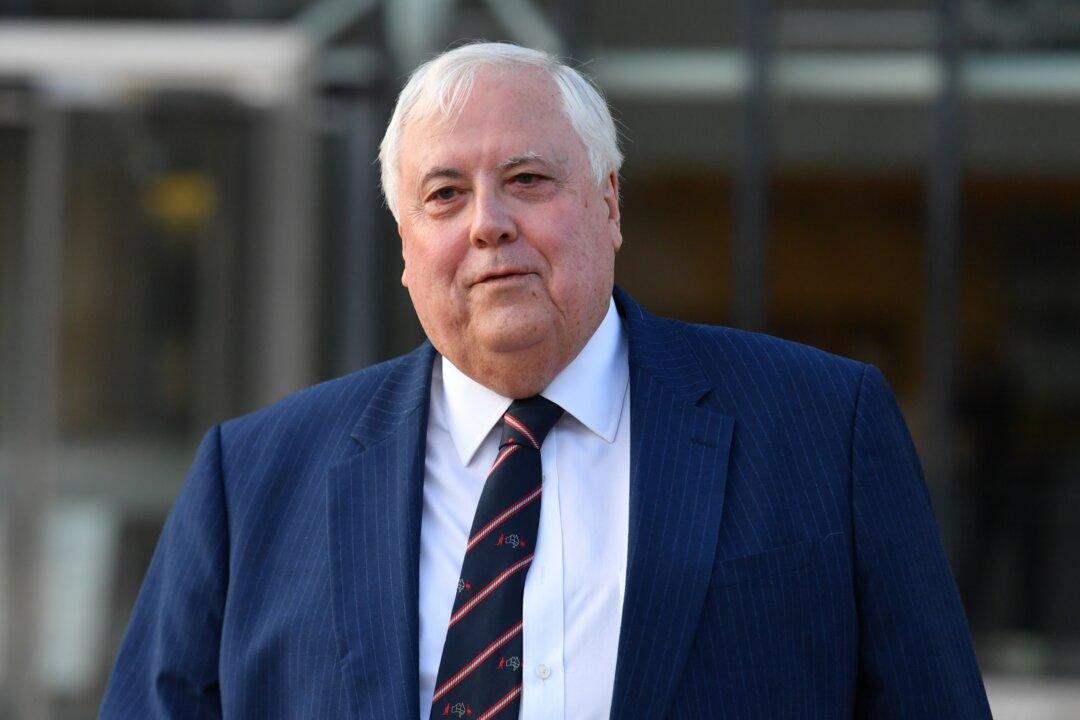Australian mining tycoon Clive Palmer has said the government’s cancellation of his company’s proposal to build a coal mine in central Queensland will be a blow to the region’s economy.
Federal Environment Minister Tanya Plibersek on Feb. 9 announced she had decided to reject Palmer’s proposed mine, the Central Queensland Coal Project, in the Styx Coal Basin, to be located 130 kilometres northwest of Rockhampton and about 10 kilometres from the Great Barrier Reef Marine Park but 170 kilometres from the iconic outer reef, over potential risks to the environment despite proposed management efforts.




